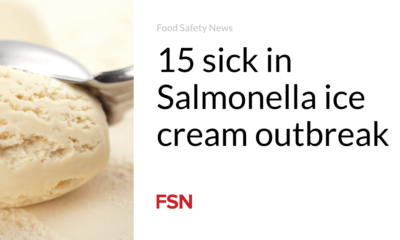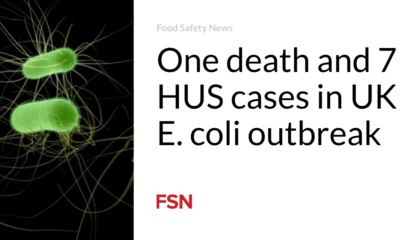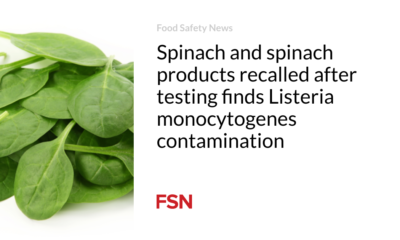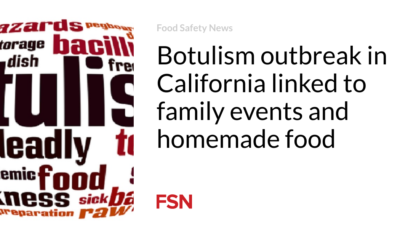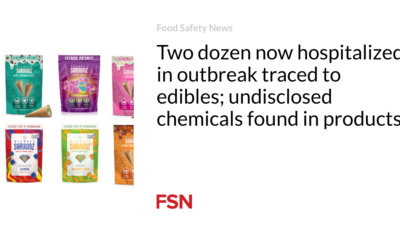Food
Scientists describe the investigation into the 2022 Swiss Listeria outbreak
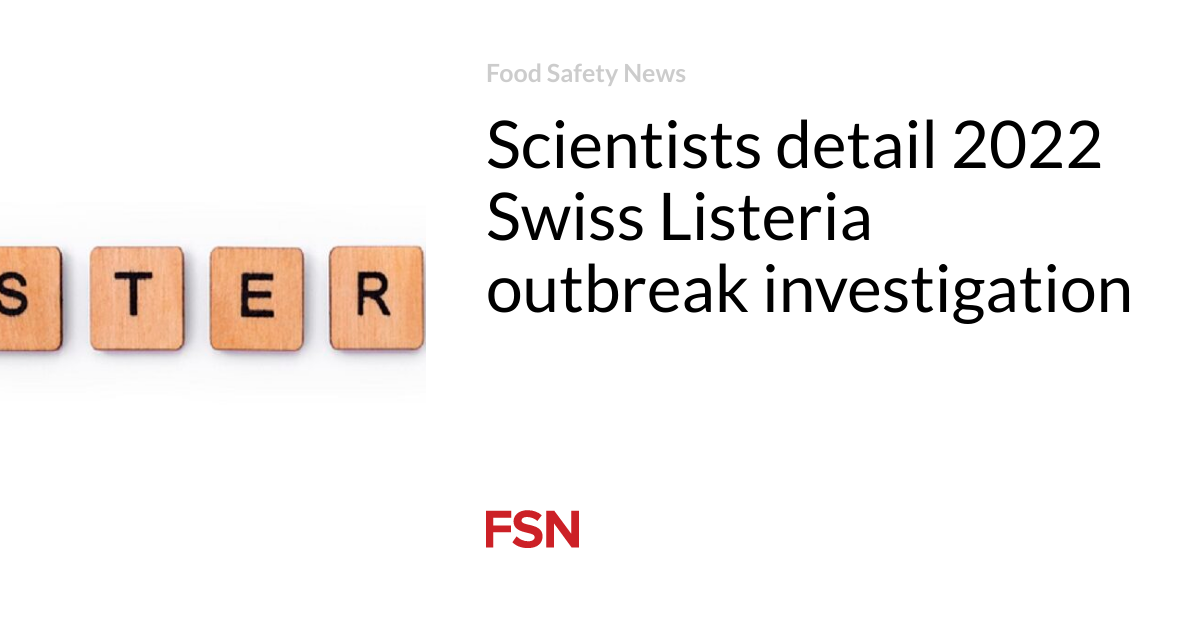
Researchers have shared details of how a 2022 Listeria outbreak in Switzerland traced to fish was resolved.
In the summer of 2022, the Federal Office of Public Health (OFSP) noted an increase in the number of listeriosis cases, indicating a possible outbreak.
Twenty Listeria monocytogenes patient isolates were found to belong to an outbreak cluster, and 18 cases occurred in northeastern Switzerland. The median age of patients was 77.4 years old, with a range of 58 to 89 years, and both sexes were equally affected. Nineteen people were hospitalized, one person died.
In April 2022, four cases of listeriosis were reported living in the canton of St. Gallen. Samples from two patients were related and both ate fish. According to a study published in Swiss Medical Weeklythe last patient tested positive at the end of July.
First signal
Analysis of the interview data revealed that smoked trout from a local producer called Kundelfingerhof was a suspected source of infection, prompting an on-site investigation of the production facility and sampling of suspect products by the responsible cantonal food inspection team in mid-July 2022.
Interviews with patients four through eight revealed overlapping information regarding smoked trout consumption, the brand, producer, and retailer from which trout was purchased, providing the information that led to the audit of the suspect facility.
In total, 17 of the 20 outbreak patients reported fish consumption. Smoked trout was confirmed for 15 patients, and nine of them mentioned the same producer for smoked trout. According to information from doctors, another three people ate smoked trout from this company.
Seven out of ten samples tested positive for Listeria monocytogenes, and the cantonal authority ordered a ban on production and distribution and a product recall. The Federal Food Safety and Veterinary Office (OSAV) has issued a national public warning for the smoked fish products in question.
Kundelfingerhof supplied several of the area’s major retailers, ran a farm shop and sold produce directly to the public at a weekly and online market.
Whole-genome sequencing confirmed the relationship between smoked trout product isolates of Listeria monocytogenes and the patient-derived isolates. Following the ban on production and distribution and the recall, the number of reports of new outbreak-related cases dropped to zero.
Contamination in the factory
The sanitary measures in the production facility were determined by analyzing 60 cotton swabs from the production environment and reviewing the company’s self-monitoring policy. Several months later, the ban on production and distribution was lifted after Kundelfingerhof took action to restore its legal status, and Listeria was no longer detectable in environmental samples and ready-to-use products.
Listeriosis is a rare disease in Switzerland, with 40 to 60 confirmed cases annually.
All clinical isolates of Listeria monocytogenes are whole-genome sequenced at the National Reference Laboratory for Enteropathogenic Bacteria and Listeria (NENT). The Competence Center for Epidemiological Outbreak Investigations (KEA) of the Swiss Tropical and Public Health Institute interviews patients diagnosed and reported with listeriosis using a standardized questionnaire.
“In the current outbreak, related cases were reported for almost four months despite the short shelf life of the identified food product. This indicates a persistent source of contamination at the production facility and not contamination of a specific batch,” scientists said.
“Epidemiological surveillance through timely routine interviews with all listeriosis patients in Switzerland played a key role in quickly identifying the source of contamination and provided the basis for restoring food safety to consumers during this outbreak.”
(To sign up for a free subscription to Food Safety News, click here.)



